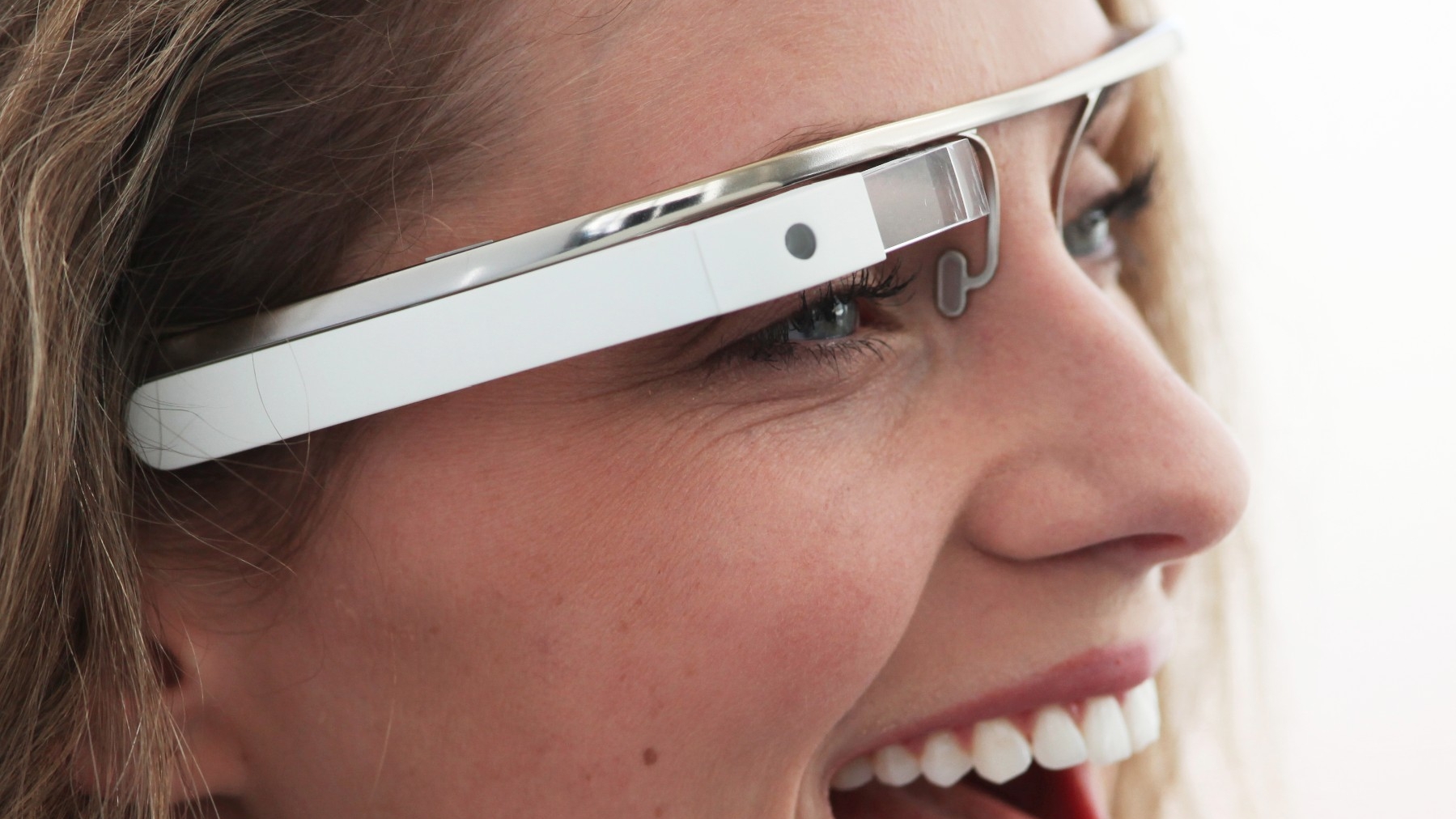Google Glass: say goodbye to your privacy
Google Glass could bring big changes to the way we live

Sign up for breaking news, reviews, opinion, top tech deals, and more.
You are now subscribed
Your newsletter sign-up was successful
From time to time we have a mass privacy panic, usually because politicians propose doing something dumb. "How dare you spy on us very slightly!" we yell. "We demand our privacy!"
And then Google does something much worse and the only thing we seem to care about is whether we'll look stupid or not.
We yell the instant any government proposes monitoring our communications.
Why aren't people yelling about Google Glass?
Writing on CreativeGood.com, Mark Hurst is trying to alert people to just how frightening Google Glass might be. As he puts it: "From now on, starting today, anywhere you go within range of a Google Glass device, everything you do could be recorded and uploaded to Google's cloud, and stored there for the rest of your life. You won't know if you're being recorded or not; and even if you do, you'll have no way to stop it."
Hurst's worst-case scenario - everything you ever say or do indexed and searchable, with Google Glass embedded into contact lenses so you've no idea who's using it - might be a long way off, but the fundamental problem he's identified is very real.
When you're with someone who's wearing Google Glass, you've no idea if you're being recorded or not.
Sign up for breaking news, reviews, opinion, top tech deals, and more.
The Participatory Panopticon
I've said before that privacy is like having curtains: you don't have curtains because you're doing something dodgy, but because you don't want strangers staring at you while you're trying to eat your dinner.
With Google Glass strangers aren't just watching you eat but filming you, uploading the footage to YouTube and getting people to comment on your table manners and home decor.
This isn't the same as smartphones. Their privacy invasions, while annoying - I reckon anyone who tags me in a Facebook check-in deserves the death penalty - are generally small and easy to spot.
Point a cameraphone at the wrong person in the wrong place and you're likely to get punched. With Glass, though, you can't tell whether you're being recorded or not. The only way to be certain that you're not being surreptitiously recorded is to stay home with the curtains drawn.
Technology often moves more quickly than our ability to deal with its implications, and I think that's what's happening here. The laws on surreptitious recording are all over the place, depending on what country or state you live in, and they weren't designed for the kind of recording that Glass might enable.
If Glass works as advertised, if people embrace it rather than beat the early adopters senseless, we're on the verge of something big - not just a big step forwards in tech, but a big change in the way we live.
Back in 2007, the Institute of the Future called it the "Participatory Panopticon", and in 2009 award-winning author and futurist David Brin explained what that might mean: "With our senses and memories enhanced prodigiously by new prostheses, suddenly we can 'know' the reputations of millions, soon to be billions, of fellow Earth citizens... It's seriously scary prospect and one that is utterly unavoidable."
As Brin describes it, the technology will make the entire world feel like a small village where everyone knows everybody else's business. "Kids who do not know this are playing with fire," he says. "They had better hope that the village will be a nice one. A village that shrugs a lot, and forgives."

Contributor
Writer, broadcaster, musician and kitchen gadget obsessive Carrie Marshall has been writing about tech since 1998, contributing sage advice and odd opinions to all kinds of magazines and websites as well as writing more than twenty books. Her latest, a love letter to music titled Small Town Joy, is on sale now. She is the singer in spectacularly obscure Glaswegian rock band Unquiet Mind.